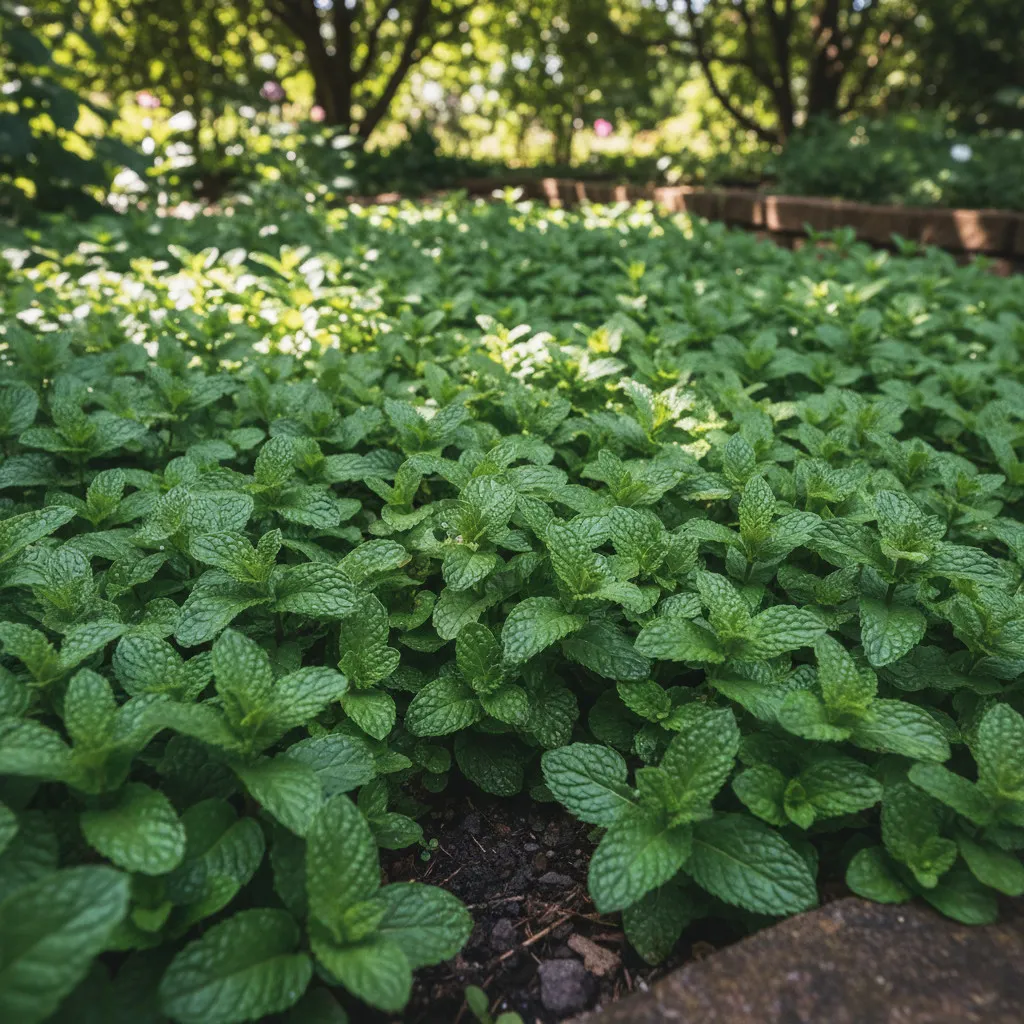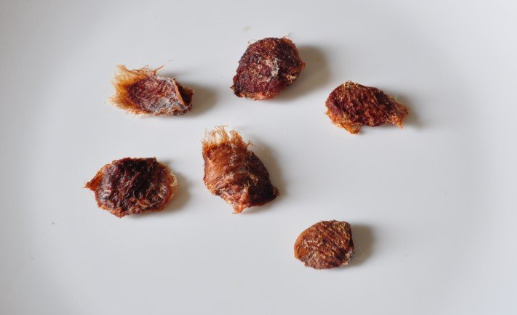Eating right before bed is very important for a good night’s rest. If you eat big meals or snacks with too much sugar and fat, it might keep you awake. But picking the right snack for bedtime can help you sleep better.
Fruits make a great choice for a bedtime snack because they’re sweet naturally, full of fiber, and good for your health. We’re going to talk about ten fruits that are great to eat right before you go to sleep so you can wake up feeling great.
Table of Contents
- How to Pick a Fruit to Eat Before Bed
- Top 10 Fruits for Sleep
- Tips to Mix Fruits Into Your Bedtime Routine
- In Conclusion
- FAQs
- Can eating fruit before bed make me gain weight?
- Is it okay to eat dried fruits before bedtime?
- How much fruit is okay to eat before I go to sleep?
- Should I stay away from any fruits before going to bed?
- Is it okay to drink fruit juice instead of eating whole fruits?
How to Pick a Fruit to Eat Before Bed
There are some things to think about to make sure the fruit you choose helps you sleep well:
- Sugar Levels: Pick fruits that don’t have too much sugar to avoid a quick rise in blood sugar which can make sleeping hard.
- Easy to Digest: Eat fruits that won’t be hard on your stomach. Fruits that are too heavy or too sour might cause tummy trouble or heartburn at night.
- Lots of Nutrients: Go for fruits full of different vitamins, minerals, and other good stuff to keep you healthy.
- Things That Help Sleep: Some fruits have special things in them like melatonin or tryptophan. These can make it easier for you to fall asleep and sleep well.
Top 10 Fruits for Sleep
Some of the best fruits to have before bed are mangoes, cherries, kiwi, bananas, apples, pineapple, oranges, grapes, pears, and blueberries. Eating these can give you a healthy boost and help you have a really good sleep.
- Mangoes
Yummy and packed with good things like vitamins, mangoes have tryptophan. This helps make serotonin which can help you sleep better. A ripe mango is a sweet snack to help you sleep well at night. - Cherries
Cherries, especially tart ones, are great for bedtime. They’ve got melatonin which helps your sleep schedule. Eating cherries or drinking tart cherry juice can up your melatonin and make sleeping easier. - Kiwi
Kiwi may be small, but they’re mighty for sleep! They’ve got lots of serotonin. This not only helps you chill out but also helps you manage your sleep. Mixing their high vitamin content and yummy taste makes them a great bedtime choice. - Bananas
For a bedtime snack, bananas are a favorite. Full of magnesium and potassium, they make your muscles relax. The vitamin B6 in bananas also helps make melatonin to get you ready for sleep. - Apples
It’s said that “an apple a day keeps the doctor away”—it can also make sleeping better. Apples have lots of fiber and vitamin C. They give you energy slowly at night. Plus, they’re both satisfying and hydrating. - Pineapple
Pineapple is famous for its sweet and sour taste. It has bromelain, which helps you digest food so you’re more comfortable when sleeping. A bit of pineapple before sleep can make for a peaceful night. - Oranges
Not only tasty, but oranges are also perfect for sleep. They’re high in vitamin C and folate. These can help make neurotransmitters like serotonin and melatonin. Eating an orange before sleep can help you unwind. - Grapes
Dark-colored grapes are super for sleep. They’ve got resveratrol, good for the heart and for deep sleep. Snacking on grapes is sweet and can also be good for your sleep. - Pears
Pears are watery and not heavy, so they’re a cool choice for nighttime. They come with important vitamins, minerals, and fiber. Adding pears to your nighttime habits could help you stay hydrated and comfy during sleep. - Blueberries
Blueberries are full of health benefits like better thinking and better sleep. They’re loaded with antioxidants, which fight off cell damage and reduce swelling. Blueberries before bed can help your brain and support sleep.
Tips to Mix Fruits Into Your Bedtime Routine
Ready to try these fruits for better sleep? Here are some easy ways to eat fruit before bed:
- Just the fruit: Eat them the way they are, peeled or chopped up.
- Fruit salads or smoothies: Mix different fruits to make a yummy and healthy nighttime snack.
- Fruit-infused water or herbal tea: Place fruit slices in water or brew them with herbal tea for a drink full of flavor and hydration.
In Conclusion
Picking a good fruit to eat before going to bed can lead to a night of great sleep. The ten fruits we talked about, like mangoes, cherries, kiwi, bananas, apples, pineapple, oranges, grapes, pears, and blueberries, come with lots of health perks and things that help you sleep well. Including these fruits in your bedtime habits can make your sleep better, help your body relax, and give you helpful nutrients. So, next time
If you’re feeling a little hungry before bed, consider having a tasty fruit that can also help you sleep better.
FAQs
Can eating fruit before bed make me gain weight?
No, you won’t necessarily gain weight from eating fruit before going to sleep. Fruits don’t have a lot of calories but are rich in fiber, which means they can make you feel full and may even help you manage your weight.
Is it okay to eat dried fruits before bedtime?
Yes, dried fruits are an okay choice for a bedtime snack. However, since they have more sugar and calories when the water is removed, it’s important to eat small amounts. Basically, just don’t eat too much at once.
How much fruit is okay to eat before I go to sleep?
Everyone is different when it comes to how much fruit they should eat at night. Pay attention to what your body needs – if you’re a little hungry, eat enough to satisfy you without overdoing it.
Should I stay away from any fruits before going to bed?
For the most part, you can enjoy any fruit before bedtime. However, some people might find that acidic fruits like oranges can cause discomfort or heartburn. If you know certain fruits bother you, it’s best to not eat them before you go to sleep.
Is it okay to drink fruit juice instead of eating whole fruits?
Fruit juice does have vitamins, but it’s also pretty high in sugar and doesn’t have the fiber that whole fruits offer. For a healthier option that fills you up more, stick with whole fruits most of the time.
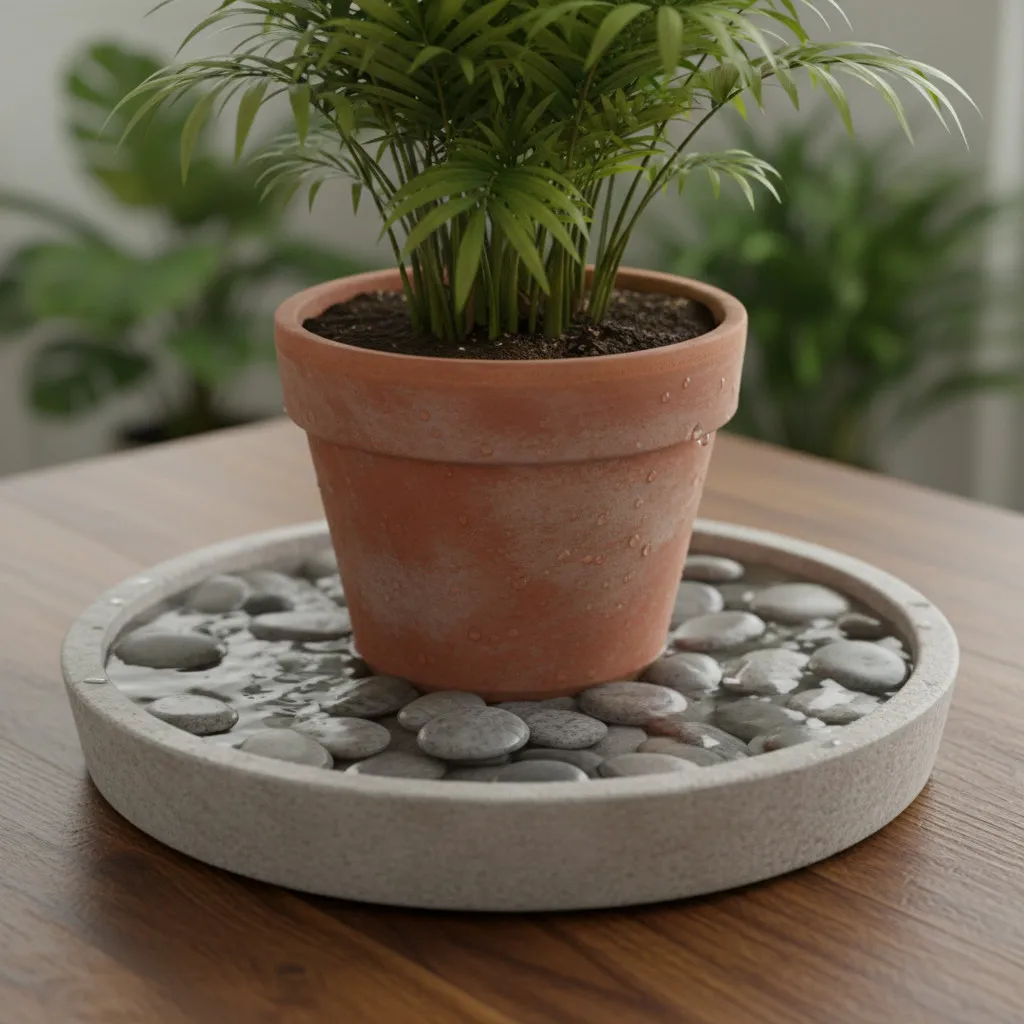
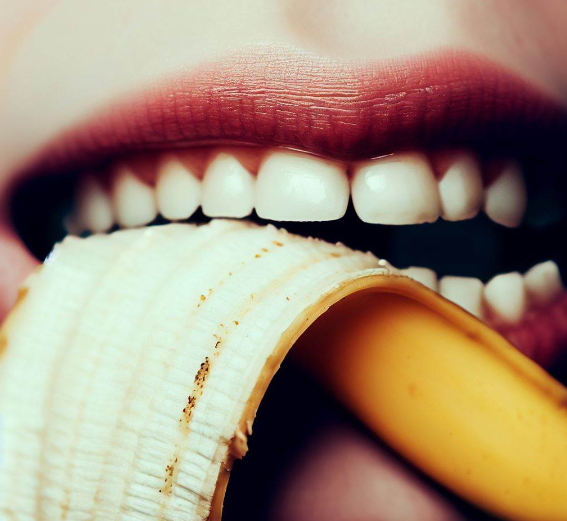
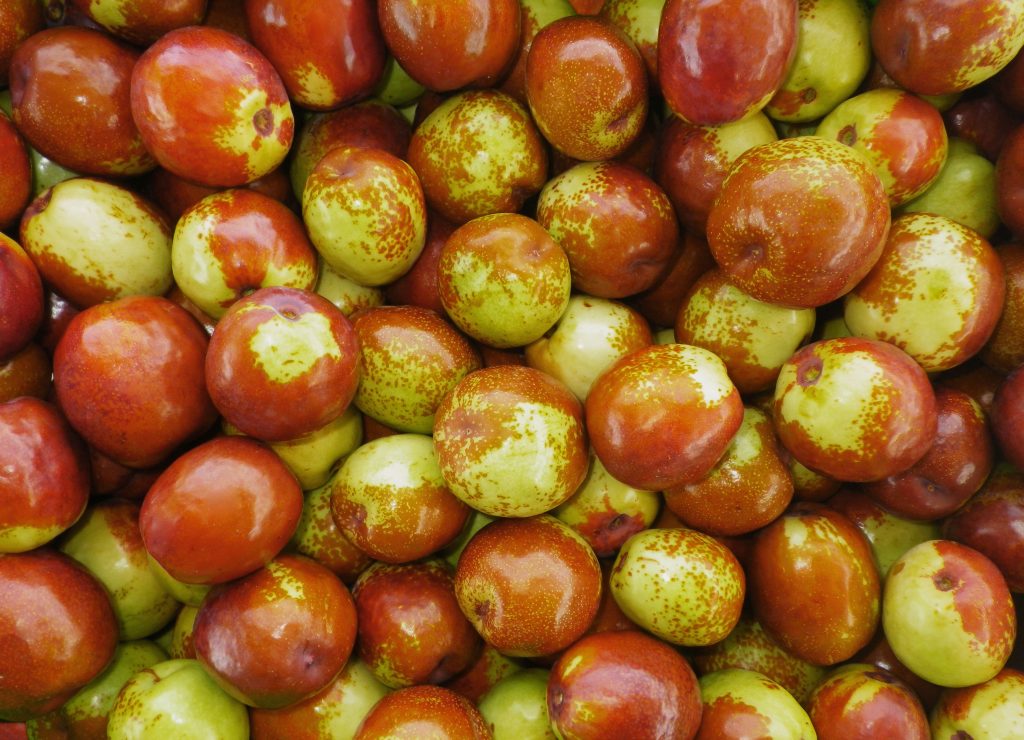

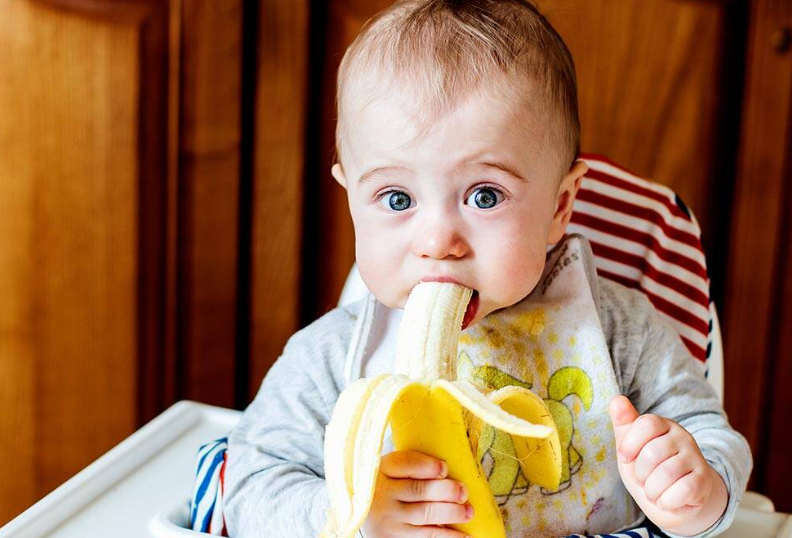
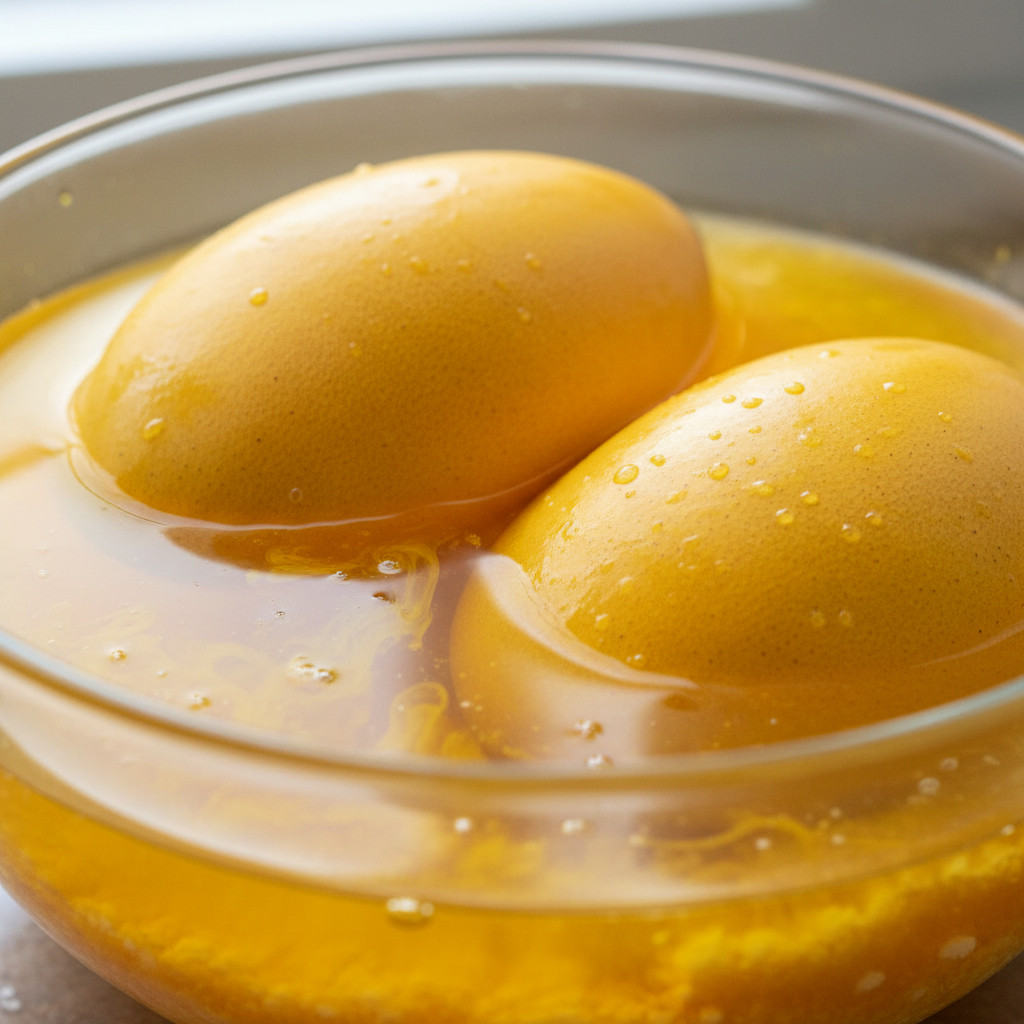
![What Is the National Fruit of Germany And Why? [ANSWERED]](https://fruitonix.com/wp-content/uploads/2023/04/What-Is-the-National-Fruit-of-Germany-And-Why.jpg)
